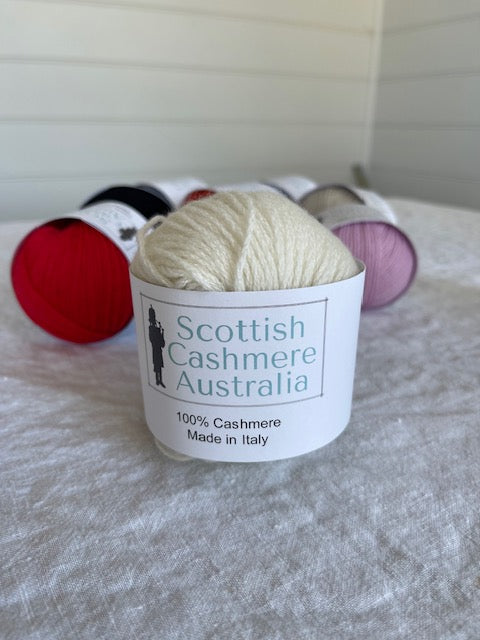Discover the Luxury and Softness of what is cashmere and Why It’s So Popular
Discover the Luxury and Softness of what is cashmere and Why It’s So Popular
Blog Article
Recognizing the Different Types of Cashmere a Natural Fiber and Their One-of-a-kind Advantages

The Beginnings of Cashmere: A Historical Overview
While the luxurious touch of cashmere remains to charm modern customers, its beginnings map back to the rough, cool environments of Mongolia and the Himalayas. For centuries, the native peoples of these regions have been increasing Capra Hircus goats, the prime resource of cashmere woollen. These goats, resilient versus the extreme winter seasons, grew a fine undercoat to survive, which later on became referred to as cashmere. The name itself admires Kashmir, a region in India where the wool was at first processed. Much of the early cashmere trade path was facilitated by the Silk Road, attaching Asia with the Center East and Europe. Despite its international spread, the finest cashmere is still thought to stem from the original areas of Mongolia and the Himalayas.

The Production Process: From Goat to Garment
Shearing a Capra Hircus goat marks the creation of the complex cashmere manufacturing process. This fragile treatment usually happens annually throughout spring. The fine, soft undercoat is then divided from the coarser outer hair, a procedure known as dehairing. The resultant raw cashmere is then washed to eliminate pollutants such as veggie, dust, and oil issue.
The clean fiber is subjected to coloring, rotating, and weaving, or knitting, to transform it right into a material. Complex procedures like quality assurance checks and finishing procedures comply with, guaranteeing completion item preserves the lavish requirement anticipated of cashmere. This painstaking procedure, from goat to garment, justifies the high cost connected to cashmere products, making them an icon of deluxe and refinement.
The Numerous Kinds of Cashmere: A Thorough Evaluation
The One-of-a-kind Advantages of Cashmere: Convenience and Sustainability
Moving my website from the selection of cashmere kinds to the benefits they supply, comfort and sustainability stand out plainly. Cashmere, a natural fiber, is renowned for its unparalleled soft qualities, offering a degree of convenience that artificial fibers can't match.
When it pertains to sustainability, cashmere is sustainable and biodegradable, as it's gathered from cashmere goats that regrow their layers every year. what is cashmere. Unlike synthetic fibers which can take centuries to decompose, cashmere's influence on the atmosphere is minimal. This combination of comfort and sustainability makes cashmere a useful choice for aware customers

Caring for Your Cashmere: Upkeep and Conservation Tips
While cashmere is definitely a sustainable and elegant option, it calls for particular care to preserve its quality and prolong its life expectancy. To begin, cashmere need to be hand cleaned making use of chilly water and a mild cleaning agent. Stay clear of wringing the garment or twisting as it can damage the fibers. Instead, gently eject excess water and lay it flat on a towel to dry. Furthermore, cashmere items why not try here must be stored in a completely dry and amazing location, far from straight sunshine and moisture. Making use of moth repellents can protect these garments from potential damages. It's recommended to stay clear of hanging cashmere to stop stretching. Instead, layer and shop them properly to preserve their shape and high quality over time.
Buying Cashmere: Recognizing Its Value and Worth
Although cashmere may initially seem like an expensive investment, its long-lasting value and worth become obvious when you consider its exceptional qualities. Recognized for its exceptional gentleness and heat, cashmere is a premium a fantastic read all-natural fiber that outperforms various other products. Investing in cashmere, as a result, is not just concerning current fashion trends, but concerning embracing a lasting, resilient, and extravagant way of living.
Conclusion
In summary, the type of cashmere one chooses, be it Mongolian, Chinese, or Italian, is dictated by private preferences for heat, high-end, sustainability, and budget. The worth of cashmere extends past its cost, with convenience and durability adding to its well worth. Correct treatment and upkeep can ensure its conservation. Comprehending the beginnings, manufacturing process, and distinct benefits of various types of cashmere can lead customers in their financial investment in this extravagant all-natural fiber.
Whether it's the outstanding warmth of Mongolian cashmere, the cost of Chinese cashmere, or the eco-conscious manufacturing of Italian cashmere, there's a tale to be found behind each fiber kind. Cashmere, an all-natural fiber, is renowned for its unrivaled soft qualities, supplying a degree of convenience that synthetic fibers can not match.When it comes to sustainability, cashmere is eco-friendly and eco-friendly, as it's harvested from cashmere goats that regrow their coats yearly. Known for its unrivaled soft qualities and warmth, cashmere is a premium all-natural fiber that outperforms various other products. Comprehending the origins, manufacturing procedure, and one-of-a-kind advantages of various types of cashmere can assist customers in their investment in this elegant all-natural fiber.
Report this page